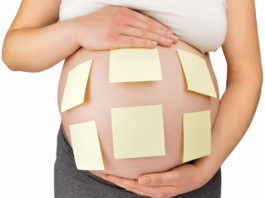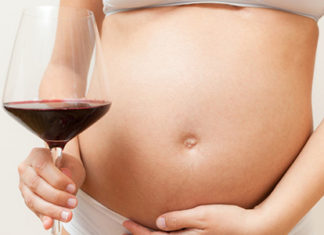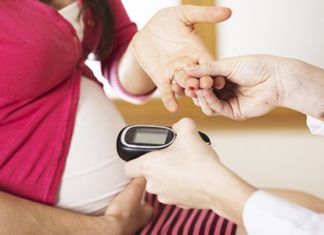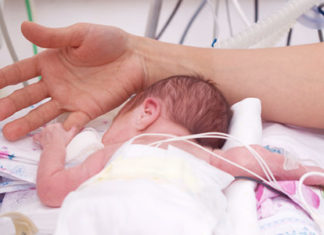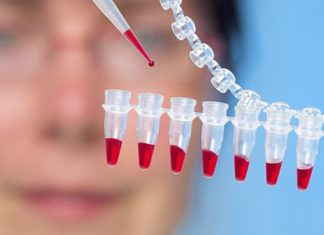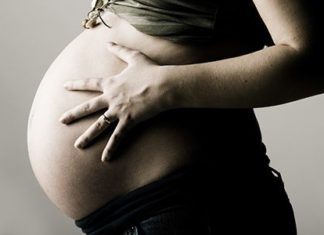High blood pressure in pregnancy linked to mother’s heart function
Pregnant women who develop high blood pressure, or have small babies, may have hearts that pump less blood with each beat.
The study, led by Imperial College London and researchers from the Universities of Bristol...
Overcoming the ‘yummy mummy’ pressure
Two James Cook University students want to understand how body image and personality can affect exercise during and after pregnancy.
Regular exercise during pregnancy can achieve significant physical and mental health benefits for both mother...
Make pregnancy health warning labels mandatory for alcohol products
Doctors from the Royal Australasian College of Physicians (RACP) are calling for the Australian Government to introduce mandatory pregnancy warning labels on alcohol products.
“Drinking alcohol while pregnant can lead to birth defects and lifelong...
Why do people get haemorrhoids and how do you get rid of them?
You may think of piles as those dreaded things your mum said you’d get if you kept sitting on cold concrete. But actually, every healthy person has piles or haemorrhoids.
They are columns of cushioned...
The risks associated with gestational diabetes don’t end after pregnancy
In Australia, 12-14% of pregnancies are affected by gestational diabetes. Despite its prevalence, most people aren’t aware the risks don’t end when the pregnancy does.
Diabetes occurs when the level of glucose (sugar) in the...
Prem baby survival links to key dates of pregnancy
In Australia, decisions regarding perinatal care, including neonatal care unit admission, play a greater role in the survival of infants born at 23 weeks gestation than at 24 or 25 weeks, Flinders University researchers...
Blood sample breakthrough good news for pregnant women
A wide range of foetal genetic abnormalities could soon be detected in early pregnancy thanks to a world-first study led by University of South Australia researchers using lab-on-a-chip, non-invasive technology.
Biomedical engineers Dr Marnie Winter...
Australia’s stillbirth rate remains steady while neonatal death rate has fallen
While Australia is one of the safest places in the world to give birth, close to 1% of babies are stillborn or die in the first month of life, according to a report released...
Don’t force women to risk death, injury by having a baby
Laws should not force women to risk death and injury by having a baby, according to a QUT legal academic who says abortion can be decriminalised without society and governments making a moral judgement.
Dr...
ART pregnancies at higher risk of placental complications
A review of more than 6 million pregnancies has found that pregnancies after assisted reproduction technologies, such as IVF with fresh or frozen embryo transfer, are at a higher risk of placental complications when...
- Advertisement -
Sign up to receive the latest parenting news, competitions, health information, baby/child/whole family recipes, play ideas, outings, personal stories and much more.






